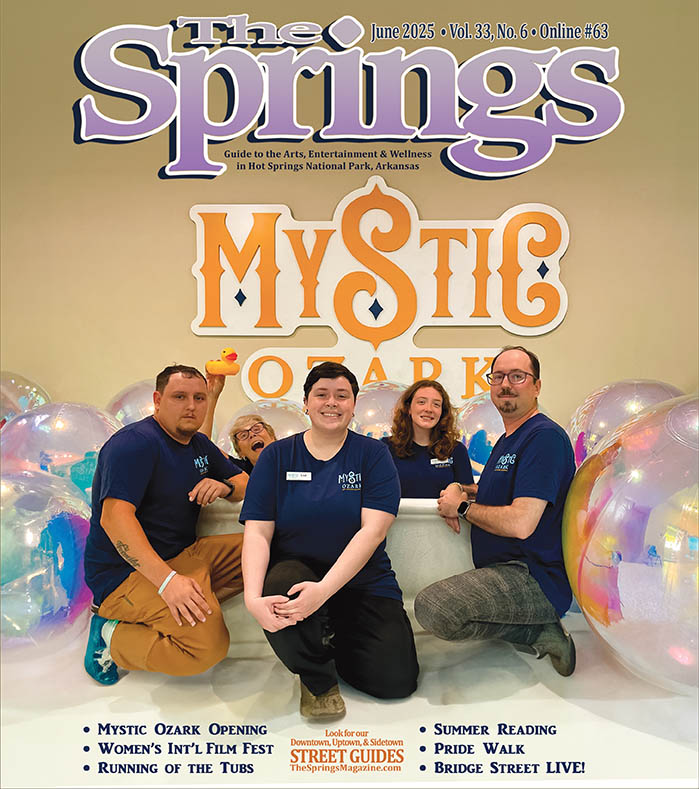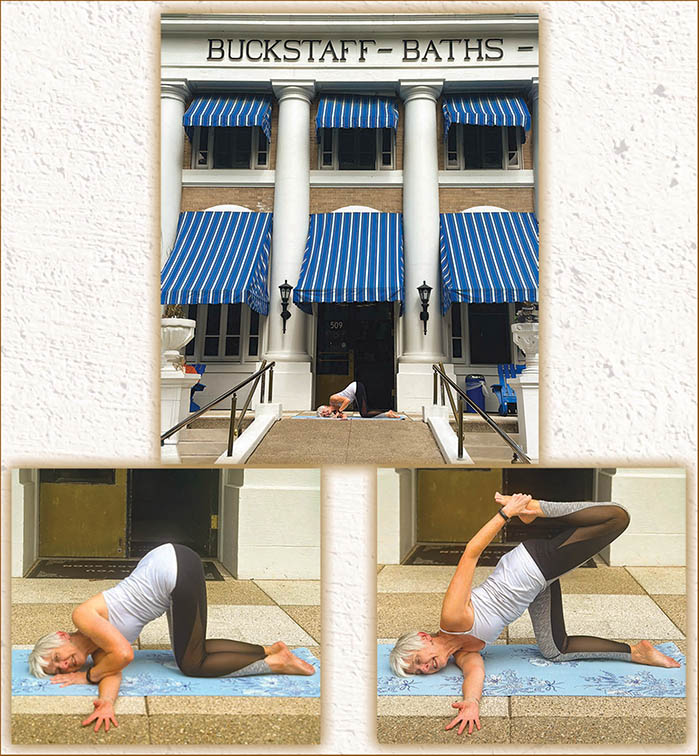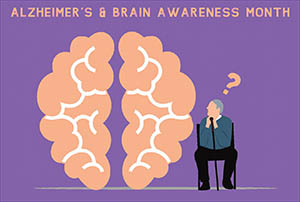When feeling stressed, take breaks to calm yourself and refocus.
By Alison Crane
Would your perfect day be stress-free? Do you wish you could get rid of all the stressors in your life? Be careful what you wish for—what you get may be different from what you expect.
In 1936, Hans Selye, who coined the term “stress” as currently used, defined stress as the non-specific response of the body to any demand for change. The Greek philosopher Heraclitus is quoted as saying change is the only constant in life. It is certain that we will regularly face change that causes stress.
Understanding and learning techniques to manage stress help turn bad or negative stressful events into good or positive ones or at least minimize negative impact. Stress refers to the psychological awareness of pressure and the body’s response to that awareness. Stress involves multiple systems from metabolism to muscles to memory. Through hormonal signaling, the perception of danger sets off an automatic response system known as the fight-or-flight response.
A stressful event triggers hormone production. Adrenaline and cortisol surge through the body speeding up heartbeat and blood circulation; mobilizing fat and sugar for fast energy; focusing attention; preparing muscles for action; etc. After the stress response has been triggered, the body takes time to calm down.
Lifesaving as the stress response may be in the face of danger, the response was meant to solve short-term, life-threatening problems, not extraneous difficulties such as daily traffic jams or relational problems. Prolonged or repeated arousal of the stress response, a characteristic of modern life, can have harmful physical and psychological effects, including heart disease and depression.
However, not all stress has a negative impact. Stress can motivate us to solve problems. Creativity and productivity are often by-products of facing a problem or challenge and finding a solution. Sometimes stress helps us make needed changes. Recognizing a stressful situation or potential danger can help us cope or respond quickly.
According to The American Institute of Stress, the top seven factors that cause stress are: job pressure, money, health, relationships, poor nutrition, media overload, and sleep deprivation. Any one factor can create stress, but most Americans deal with more than one at any given time. All of these factors can also interact and exponentially impact our mental and physical health. So, it is vital that we manage our stress just like we need to manage our money.
April is Stress Awareness Month. Avoiding stress, whether negative or positive, may be impossible, but managing stress is practical and useful. We can manage stress by:
- Eating healthy foods: The body requires a diet that includes all the nutrients essential for good overall health.
- Getting adequate rest: Regular sufficient sleep improves concentration and the ability to perform daily tasks.
- Exercising regularly: Exercise and movement increase flexibility, balance, and strength. Plus, it burns calories and improves mood.
- Managing time: A schedule helps you feel less overwhelmed by everyday tasks and responsibilities.
- Practice relaxation: Take breaks to calm yourself and refocus.
- Take time for yourself: Schedule activities you enjoy.
- Talk with someone: Talking to friends, family, a counselor, etc., is a release.
- Adopt a positive attitude: View change as a challenge.
- Keep a sense of humor: Seeing the humor in any situation is helpful.
The secret to stress-less living is to recognize stress. Instead of reacting to stress, resenting it, or ignoring it, execute a plan and respond positively. Reset when necessary. To learn more about programs and resources available to help manage your stress, contact the Garland County Extension Service at 501-623-6841 or email acrane@uada.edu.
Alison Crane is a Family and Consumer Science Agent with the Garland County Extension Service. The Arkansas Cooperative Extension Service offers its programs to all eligible persons regardless of race, color, national origin, religion, gender, age, disability, marital or veteran status, or any other legally protected status, and is an Affirmative Action/Equal Opportunity Employer.









